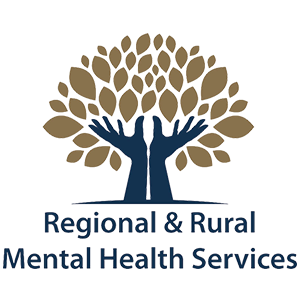What is Cognitive Behavioural Therapy (CBT)
Cognitive Behavioural Therapy, or CBT for short, is a psychological treatment that was developed using sound scientific research. All the components of CBT have been tested by researchers to determine their effectiveness and that they do what they are intended to do. CBT has been shown by researchers to be one of the most effective treatments for the management of anxiety and depression.
Here are a few aspects to consider if you decide to see a psychologist for Cognitive Behavioural Therapy.
-
CBT is structured and educational:
- Work from the previous session as well as any homework you were assigned will be reviewed and discussed
- You will learn new information and skills
- A new homework assignment for the next session will be assigned based on what you have learned during your session.
-
CBT is collaborative:
-
CBT is time limited:
What will I learn in CBT?
CBT involves learning how to change your thoughts (cognitions) and your actions (behaviours), which is why it is called Cognitive Behavioural Therapy. Why is this important? In any given situation, you will have thoughts and feelings about it, and behave in a certain way based on those thoughts and feelings. These thoughts, feelings, and actions all interact and influence each other. The best way to understand this is to think about them as a triangle: Taking into consideration the interconnected nature of thoughts, feelings and behaviours it can be reasonably concluded that if you change one of these in any given situation it will have an effect on the other two.
The key points about Cognitive Behavioural Therapy.
- CBT, or Cognitive Behavioural Therapy, is based on scientific research.
- CBT teaches you new ways of behaving and thinking.
- Thoughts, feelings, and behaviours are inter-connected, so if you change one, it has an effect on the other
